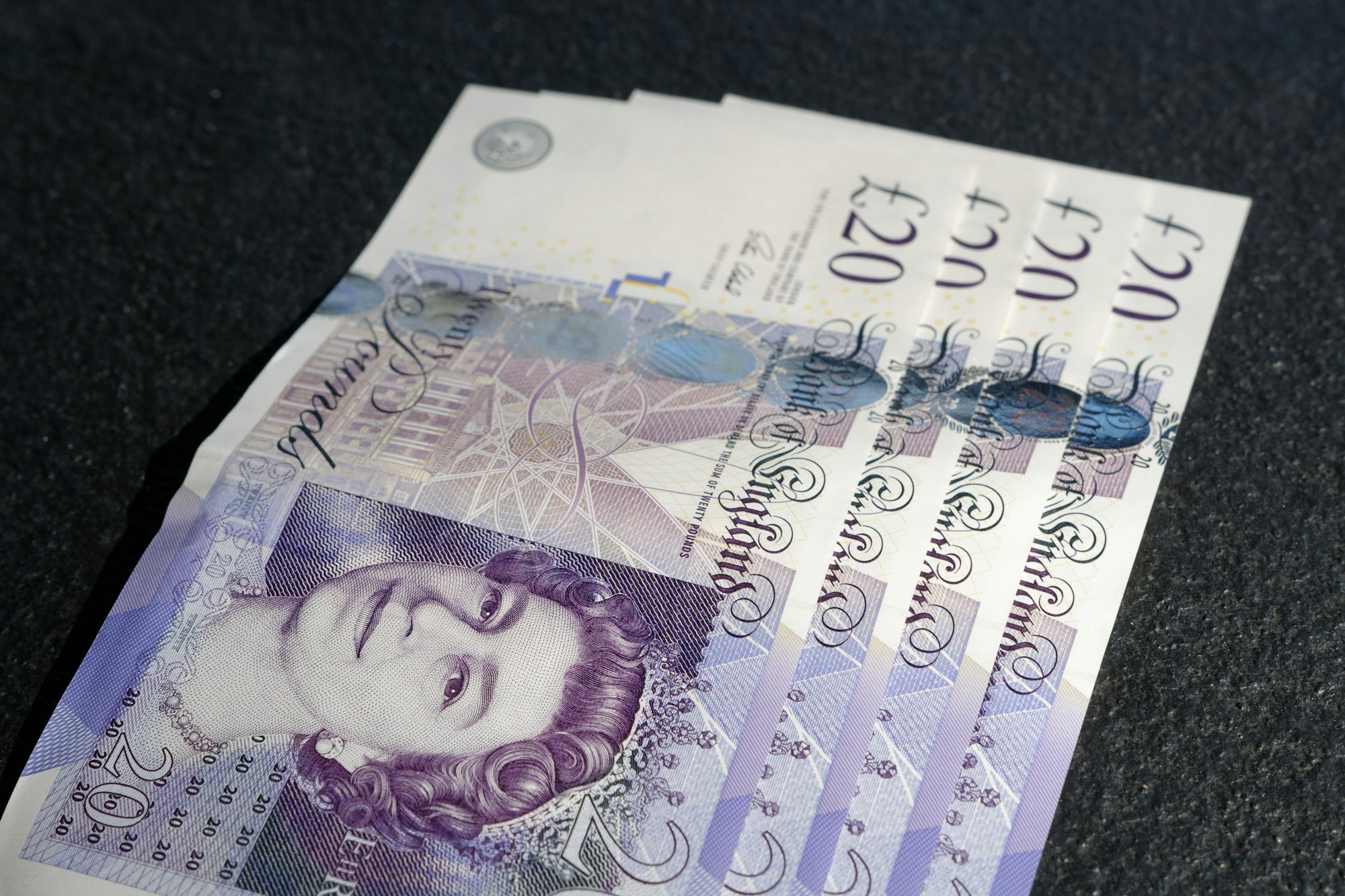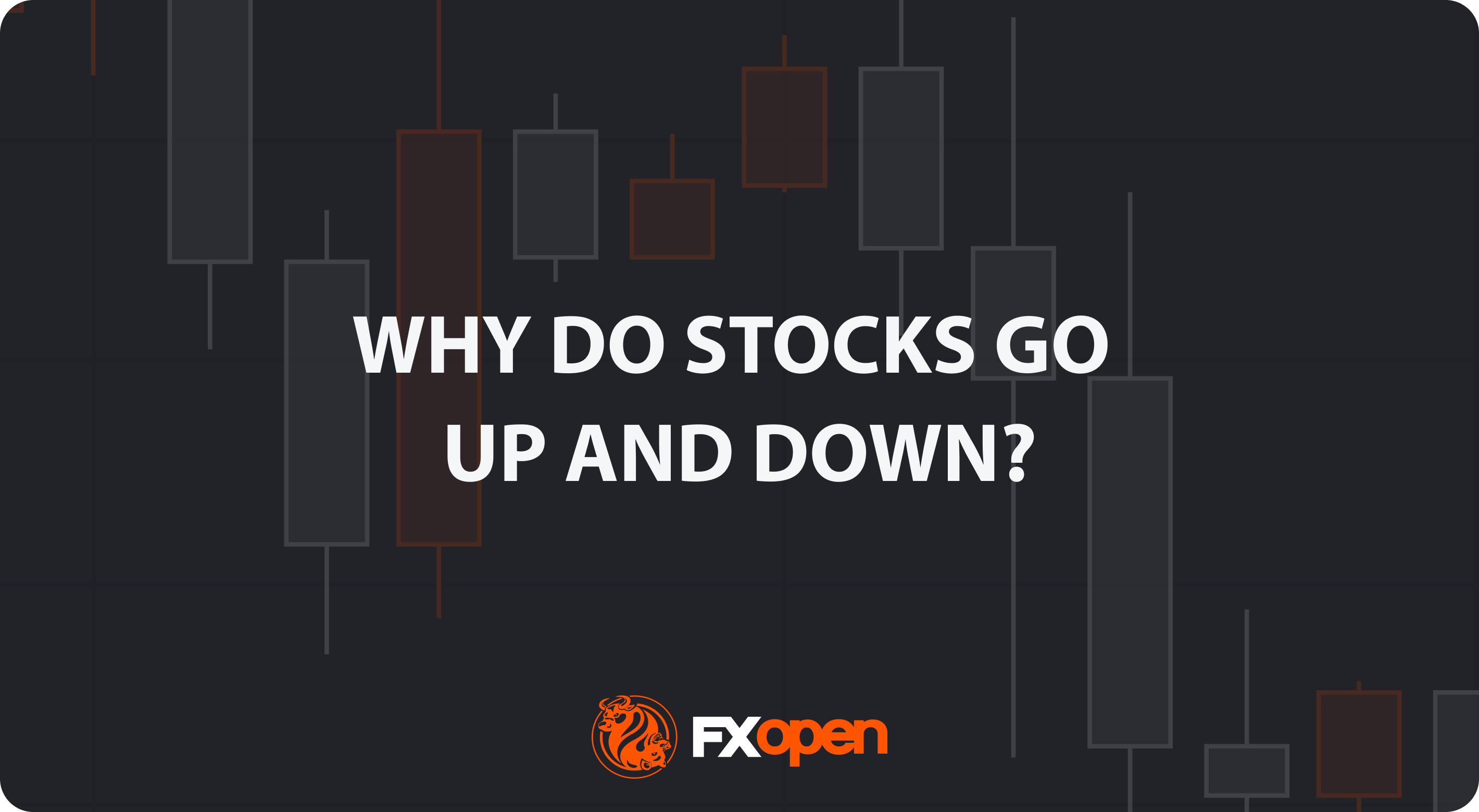FXOpen

The flurry of drama which adorned the mainstream media over the course of the past few weeks regarding the possibility of a credit default by the United States government on June 1 this year has been alarmist and relentless, to say the least.
Whilst it is very big news that the United States, one of the world’s most dominant economies and most populated nations, is reaching its debt ceiling and is at a crossroads, the markets are reacting somewhat differently.
Yes, it would be one of the possible considerations that, along with the bond market, certain US-based stocks of listed companies and certainly the US Dollar itself may be affected adversely if the United States actually reached a point at which it was not able to service its national debt and defaulted, and that has been well documented and is an opinion that still applies.
However, this morning, the US Dollar is actually up significantly over the British Pound, a direction that began late last week.
In fact, the US Dollar is at its second-lowest point over the 30-day moving average (in the weekly timeframe).
That is perhaps a remarkable situation considering that the British debt-to-GDP ratio is far lower than that of the United States, despite British inflation levels being at around 11% for over a year now compared to the approximate 6% in the United States.
So why is the US Dollar valued so strongly against the Pound when all is calm in Britain, and the post-banking crisis, almost bankrupt United States, is causing journalists to put sensationalist pens to paper?
The possible reason is that maybe there will be no default.
Causing the entire investing public to concern themselves over the possibility that the United States, the world’s most influential economy with the de facto currency of the entire globe as its legal tender, may suddenly run out of money is a textbook way to create fear and foment control.
It is entirely possible that there was never likely to be a default and that somehow a ‘last minute deal’ will be wheeled out, which was the plan all along.
Investors and analysts are studious and may well have considered this possible scenario.
Yes, that would mean that the government raises the debt ceiling and effectively ‘prints’ money to cover the payments, but that is the US model – it is a nation where almost everything is run on debt. Consumer society is run on debt, banks operate on debt, and debt is even a widely traded asset class within institutions on Wall Street where repo and debt trading is common practice and profitable.
In some countries, members of the public approach large-scale purchases such as a new car by considering its purchase price. Many Americans do so by considering its monthly payment.
Everything is about credit and finance. That’s why it is possible that traders are taking the view that a process may already be set up to raise the debt ceiling, increase the national debt and carry on as normal.
Yes, there would be more debt, but the country wouldn’t ‘run out of money’ and would not reach a default.
In this type of situation, less is more. No default, but more liability somehow could equal stability.
We will know the full outcome of this on June 1, which is only a week away; however, there is no panic in the markets at all, and the Pound’s strength against the US Dollar is demonstrating the way many are thinking.
A longer-term question may be to consider how long the US can keep increasing its debt in the face of strong competition from South and South-East Asia, Brazil and Mexico, where there is far less debt and a more sustainable manufacturing cost base.
Trade over 50 forex markets 24 hours a day with FXOpen. Take advantage of low commissions, deep liquidity, and spreads from 0.0 pips. Open your FXOpen account now or learn more about trading forex with FXOpen.
This article represents the opinion of the Companies operating under the FXOpen brand only. It is not to be construed as an offer, solicitation, or recommendation with respect to products and services provided by the Companies operating under the FXOpen brand, nor is it to be considered financial advice.
Stay ahead of the market!
Subscribe now to our mailing list and receive the latest market news and insights delivered directly to your inbox.








